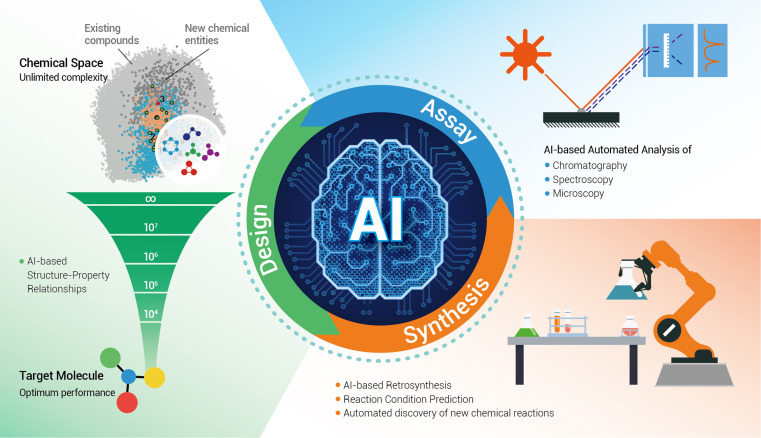
As artificial intelligence (AI) continues to integrate more profoundly into healthcare, transforming aspects ranging from diagnostics to documentation, healthcare professionals face a significant challenge: Is the quest for efficiency diminishing the empathy that forms the foundation of medicine? Drawing inspiration from Simon Sinek’s perspectives on AI and humanity, this article explores how the healthcare sector can leverage innovation while safeguarding its compassionate essence.
**1. Prioritizing humanity over technology**
“I’m not in the AI business. I’m in the humanity business.” – Simon Sinek
Although AI can hasten diagnosis, such as detecting pneumonia from a chest X-ray in mere seconds, it cannot mimic the essential human touch necessary in medicine. It is the responsibility of physicians to manage the sensitive task of delivering difficult news with compassion, embodying the empathy that AI lacks.
*Clinical takeaway:* Allow AI to manage the technical aspects; let physicians provide the human touch.
**2. The importance of struggle in medical education**
The challenging path of medical education, filled with late nights, uncertainty, and emotional hurdles, is vital for nurturing resilient, empathetic clinicians. An over-dependence on AI, particularly in the initial stages of training, risks creating doctors who rely more on algorithms than their own clinical judgment.
*Key question:* Are we cultivating more capable or reliant physicians?
**3. Valuing empathy over efficiency**
As Sinek notes, the lack of difficult discussions handled by AI hinders our ability to develop crucial skills for being effective doctors and compassionate individuals. Empathy is cultivated in challenging circumstances — guiding end-of-life decisions, supporting grieving families, or managing chronic conditions. These responsibilities should remain human responsibilities to ensure the essence of care is preserved.
*Cautionary note:* Automating follow-ups must not lead to automating empathy.
**4. Preparing the next generation of healthcare providers**
It is essential for future physicians to learn both how to effectively use AI and how to be genuinely present and accountable. Medical education should focus on:
– Resolving conflicts with patients and colleagues
– Fostering gratitude and emotional connection
– Making ethical decisions in AI-enhanced care
*Clinical wisdom:* Teach students to become physicians first, data scientists second.
**5. Authenticity in a world dominated by AI**
Patients prioritize authenticity over perfection. Often, the most therapeutic interactions stem not from having all the answers but from openly acknowledging uncertainties and collaboratively seeking solutions.
*Message to clinicians:* Value human interactions. They leave lasting impressions on patients.
**6. Infusing purpose to alleviate loneliness**
Sinek’s message resonates for both patient care and physician well-being: “If you’re feeling lonely, help someone.” While AI can enhance processes and improve workflow efficiencies, nothing compares to the healing power of personal connections.
*Reframe:* AI is meant to optimize systems; humans should enhance connections.
**Final thought: A human-AI collaboration, not a substitution plan**
Healthcare does not need to choose between embracing innovation and maintaining empathy. The goal is not to replace clinicians with AI but to create a collaboration where AI enhances clinical care while preserving its humanity.
If AI acts as the scalpel, humanity must continue to be the surgeon.